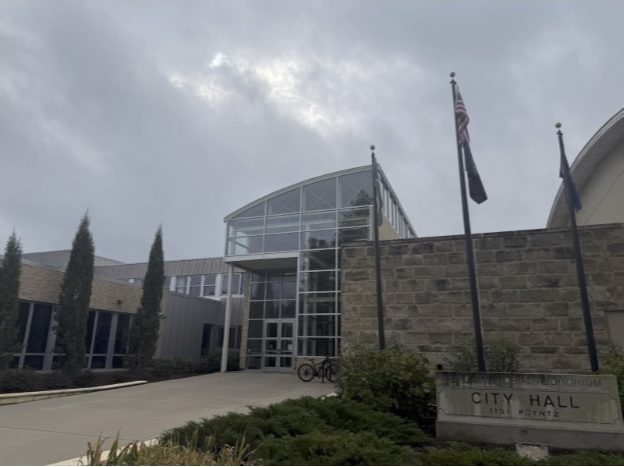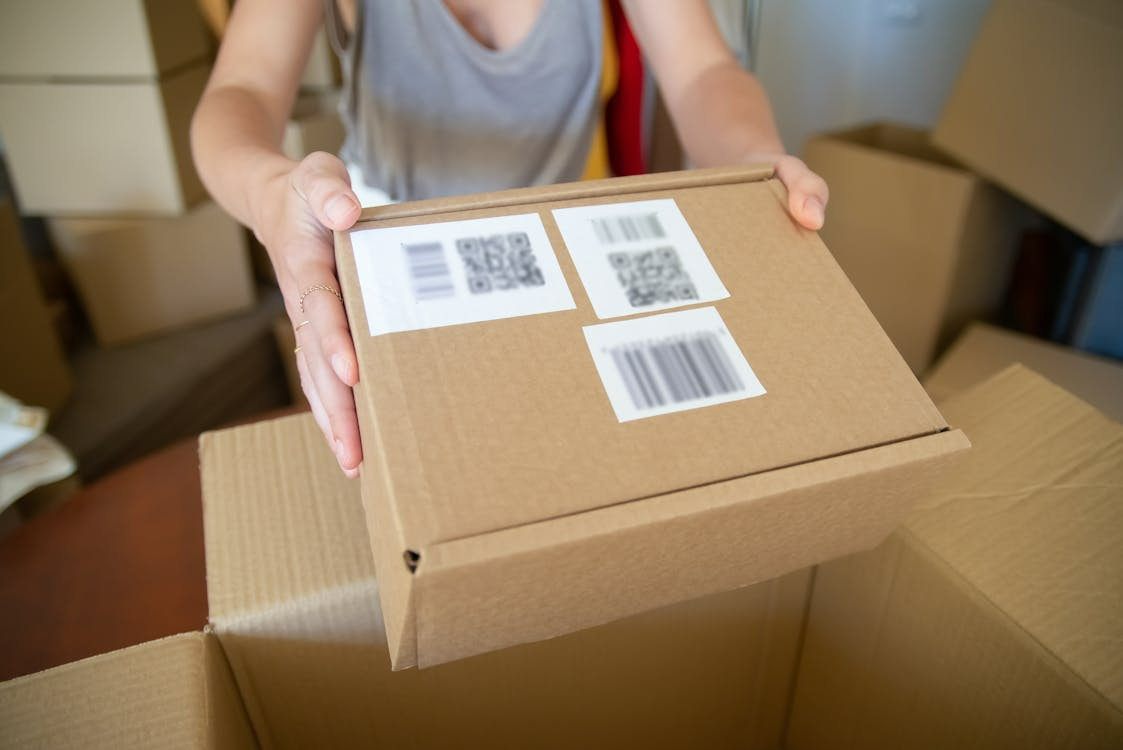Car accidents are traumatic events. They have the tendency to cause serious injuries, sometimes even taking away precious lives. The victims who survive car accidents will have to deal with the injuries for a while.
Regardless of the type of injury one might suffer, there are some steps car accident victims can take. These steps will speed up the recovery process. The sections below discuss what these steps are.
Immediate Actions at the Scene
Car accidents can leave victims shaken and unsure of what to do next. While contacting car accident lawyers can be a helpful step down the line, there are some immediate actions you can take to ensure your safety and well-being.
Here’s what you should do in those first vital moments:
- Check for Injuries: Take a quick moment to assess yourself and anyone involved for injuries. If there are serious injuries, call for help immediately.
- Call Emergency Services: Don’t hesitate to dial emergency services, even if the accident seems minor. They can assess the situation, provide medical attention, and create an official accident report.
- Document the Scene: If you can, take pictures of the damage to your car, the other vehicles involved, and any visible injuries. Exchange contact and insurance information with the other driver(s) involved.
- Seek Medical Attention: Even if you feel okay, it’s important to visit a doctor. Some injuries, like whiplash, may not show symptoms immediately.
Taking Care of Your Physical Health
After the initial chaos of the accident subsides, your focus should shift towards healing. Here’s how you can actively participate in your physical recovery:
- Follow Your Doctor’s Instructions: This includes taking any prescribed medications and attending all follow-up appointments. Sticking to your doctor’s plan is crucial for optimal healing.
- Manage Pain Effectively: Don’t suffer in silence. There are many ways to manage pain, including over-the-counter medication, ice and heat therapy, and relaxation techniques. Talk to your doctor about the best pain management strategies for you.
- Physical Therapy Can Help: Physical therapy can significantly improve your recovery. A therapist can design a personalized exercise program to help you regain strength, flexibility, and range of motion.
- Rest and Recuperation: Your body needs time to heal. Make sure you’re getting enough sleep and avoiding strenuous activities that could hinder your progress.
Addressing Your Mental and Emotional Well-Being
Car accident victims experience a range of feelings. You might feel scared, anxious, angry, or even depressed. These feelings are valid and should be acknowledged.
Here are some steps you can take to address your emotional well-being:
- Seek Support: Don’t bottle up your feelings. Talk to a trusted friend, family member, or therapist about what you’re going through. Sharing your experience can be incredibly helpful.
- Develop Coping Mechanisms: There are healthy ways to manage stress and anxiety. Consider relaxation techniques like deep breathing exercises or mindfulness practices. These can help you calm your mind and body.
- Be Aware of PTSD Signs: If you experience persistent flashbacks, nightmares, or avoidance of situations that remind you of the accident, it’s essential to talk to a doctor. These could be signs of post-traumatic stress disorder (PTSD), and seeking professional help can make a big difference.
Managing the Legal and Financial Aspects
While you focus on healing, there are some legal and financial steps to consider:
- File an Accident Report: Always report the accident to the police, even if it seems minor. The police report will be crucial for insurance claims and potential legal actions.
- Understand Your Insurance Coverage: Review your car insurance policy to understand what coverage you have. Contact your insurance company promptly to file a claim.
- Seek Legal Advice: If you’ve sustained significant injuries or property damage, consider consulting a car accident lawyer. They can advise you of your rights and help you navigate the claims process.

Returning to Daily Life
Getting back to your regular routine after a car accident takes time and patience. Here’s how to make a smooth transition:
- Pace Yourself: Don’t try to do too much too soon. Gradually reintroduce activities back into your life as your body heals. Listen to your body’s signals and take breaks when needed.
- Adjusting to Limitations: Some accidents may leave temporary or permanent limitations. Talk to your doctor about coping strategies and potential modifications to your daily routine.
- Transportation Alternatives: Explore alternative transportation options if driving is difficult due to injuries or emotional distress. Ridesharing services, public transportation, or borrowing a car from a friend or family member can help you stay connected during your recovery.

























































































































